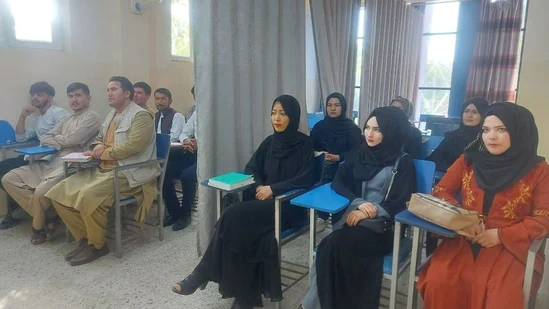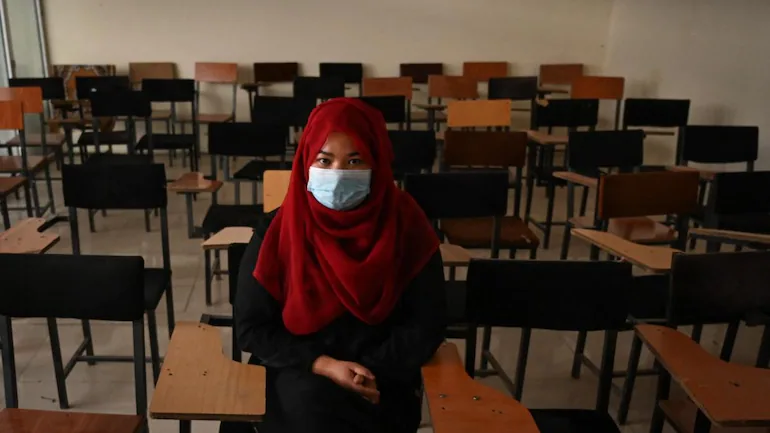Universities reopen in Afghanistan: Rules for women

After the Taliban came into power in Afghanistan, there has been a state of utter confusion and fear amongst Afghan citizens, even the entire world is in apprehension and uncertainty regarding the welfare of Afghan nationals. Taliban ruling in the period from 1996 to 2001 had been full of turmoil, fear, and autocracy which led people to believe that the poor state of affairs will resume and there will be no hope for any betterment.
Unlike people’s perception, the Taliban government has assured Afghan nationals a different ruling this time which will have an inclusive approach. Despite these tall claims, the Taliban have resorted to their old ways of governance and inclination towards practicing extremist religious ways of governance aligned with Islamic Sharia law.
There is very little evidence that they would allow equal rights to women and religious minorities. With Pakistan exerting its influence in the governance, the country could be heading towards another breeding ground for religious extremism and terrorism
To embed an inclusive approach, they have allowed women to go to universities. The private universities are gradually opening. The Taliban Education authority issued a set of rules for the universities under Sharia law. Although the classes are still vacant, some students are returning.

Under this new framework, the female and male students are separated by a curtain or a board in the classroom; at the end of the session, the female students will have to wait in a waiting room until male students leave the building.
The male and female students have to use a different exit. This rule is being imposed to avoid mingling of the opposite sex. According to the new order, the colleges need to hire female teachers to teach female students but in case female teachers are not available, they should hire old teachers based on their good character record.
During their previous ruling in Afghanistan, the Taliban had banned all education and work for women due to co-education classrooms and also imposed a rule that women should be accompanied by a male relative whenever they go out. In this new decree, women are allowed to have education but within a certain set of rules as they have to wear abaya and niqab while going out.
People of Afghanistan who have seen a rigid ruling of the Taliban earlier may have a different opinion as they could find it a positive approach from the Taliban. They may be of opinion that women, having no education at all than having education within certain rules is a welcoming move but the question is, will women in Afghanistan ever have equal rights?
Is imposing such kinds of rules will improve their situation or build confidence in them? Apart from this, what would be the job opportunities for them if they are being treated differently? While it is too early to judge. but based on the current state of affairs and ideologies of Taliban leadership, and it is influenced by external players Its very unlikely that the human values of Afghans will be respected in so claimed Taliban.